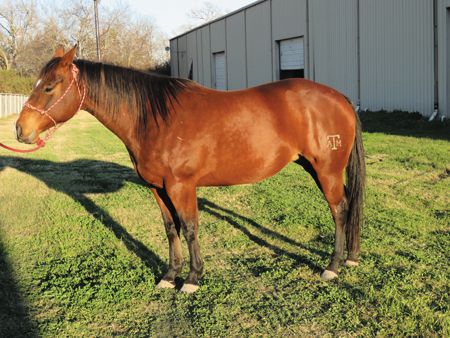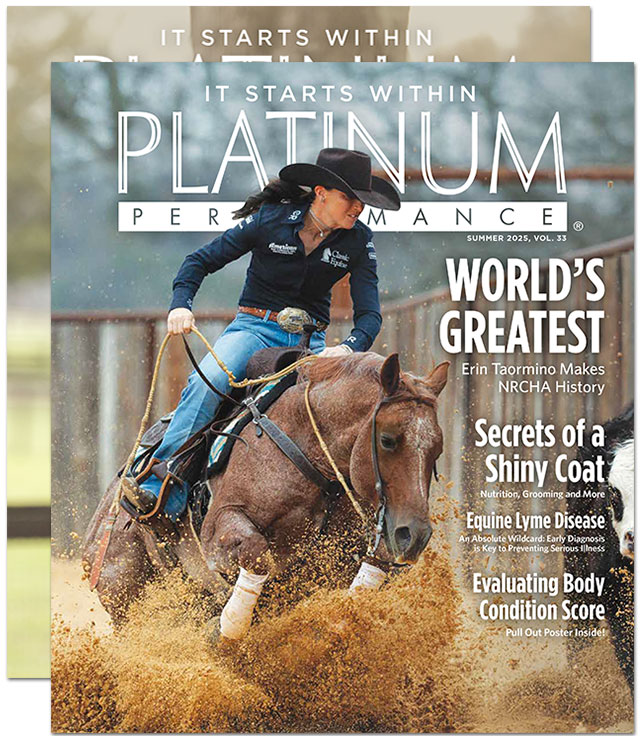Feeding Pregnant and Lactating Horse Mares: A Comprehensive Guide

Feeding pregnant and lactating mares requires special attention to ensure both the mare and her foal receive the necessary nutrients for healthy development. This guide covers essential nutritional needs, feeding strategies, and practical tips to optimize mare health during these critical stages.
Nutritional Requirements of Pregnant Mares
Pregnant mares have increased energy, protein, vitamin, and mineral needs, especially during the last trimester when fetal growth accelerates.
| Nutrient | Importance | Recommended Intake |
|---|---|---|
| Energy | Supports fetal growth and mare maintenance | Increase by 20-30% in late pregnancy |
| Protein | Essential for tissue development | 12-14% of diet dry matter |
| Calcium & Phosphorus | Bone development of foal and mare health | Balanced ratio of 1.5:1 recommended |
| Vitamins A, D, E | Support immune function and bone health | Supplement as per veterinary advice |
Feeding Tips for Pregnant Mares
- Provide high-quality forage such as alfalfa or mixed grass hay.
- Introduce grain concentrates gradually to meet increased energy demands.
- Ensure constant access to clean, fresh water.
- Monitor body condition score regularly to avoid under or overfeeding.
Nutritional Needs During Lactation
Lactating mares require even more energy and nutrients to produce milk and maintain their own health.
- Energy needs can increase by up to 50% compared to maintenance.
- Protein requirements rise to support milk production.
- Increased intake of calcium and phosphorus is critical.
Feeding Strategies for Lactating Mares
- Offer free-choice high-quality hay and pasture.
- Supplement with grain or commercial lactation feeds formulated for mares.
- Provide mineral blocks or supplements to ensure adequate micronutrient intake.
- Maintain hydration with unlimited fresh water.
Common Challenges and Solutions
| Challenge | Solution |
|---|---|
| Overfeeding leading to obesity | Monitor feed intake and body condition regularly |
| Underfeeding causing poor milk production | Increase energy-dense feeds and consult a nutritionist |
| Mineral imbalances | Use balanced mineral supplements and test forage |
Frequently Asked Questions (FAQ)
Q1: When should I start adjusting my mare’s diet for pregnancy?
A: Nutritional adjustments should begin as soon as pregnancy is confirmed, with gradual increases in energy and protein as gestation progresses.
Q2: Can I feed the same diet to a pregnant and lactating mare?
A: While some overlap exists, lactating mares generally require higher energy and protein levels, so diets should be adjusted accordingly.
Q3: How do I know if my mare is getting enough nutrients?
A: Regular veterinary check-ups, body condition scoring, and monitoring foal growth are key indicators.
Summary
Proper feeding of pregnant and lactating mares is vital for the health of both mare and foal. By understanding their changing nutritional needs and implementing tailored feeding programs, owners can support optimal growth, milk production, and overall well-being.
For more detailed feeding plans and advice, consult with an equine nutritionist or veterinarian.
